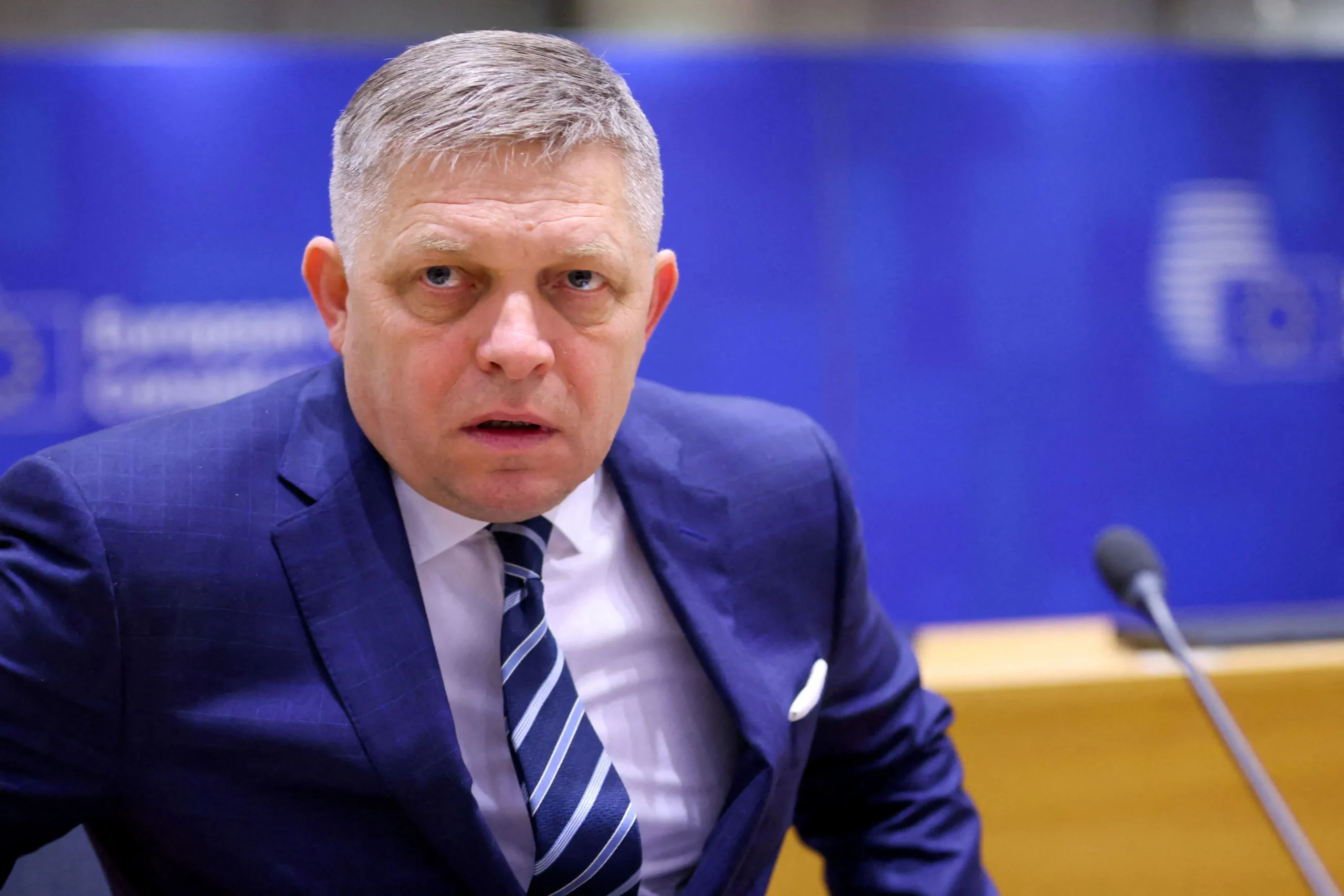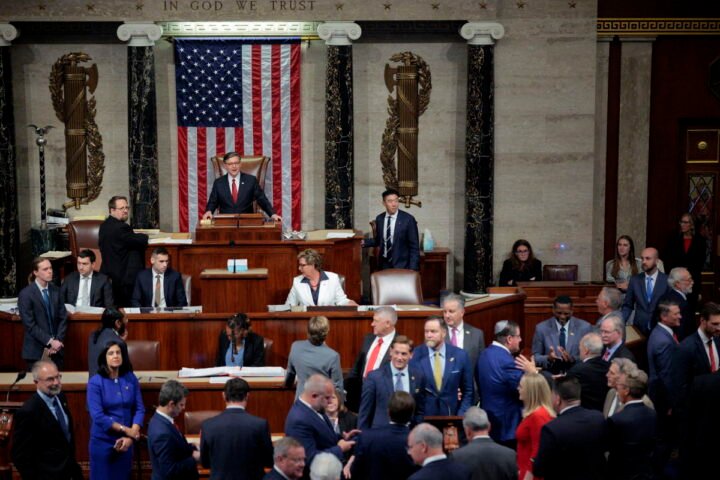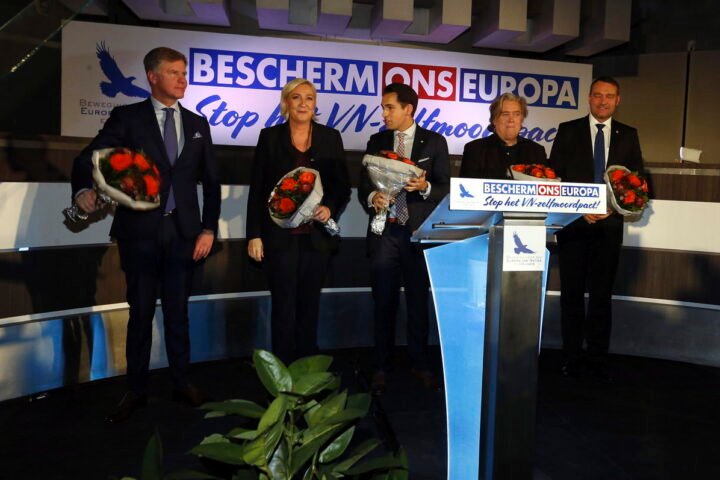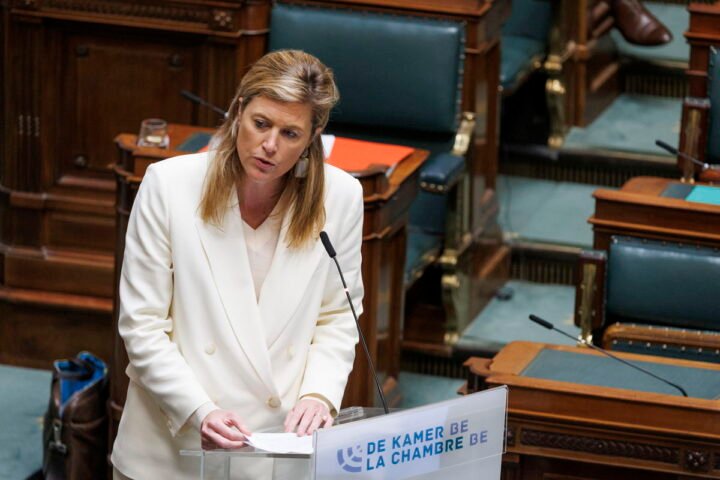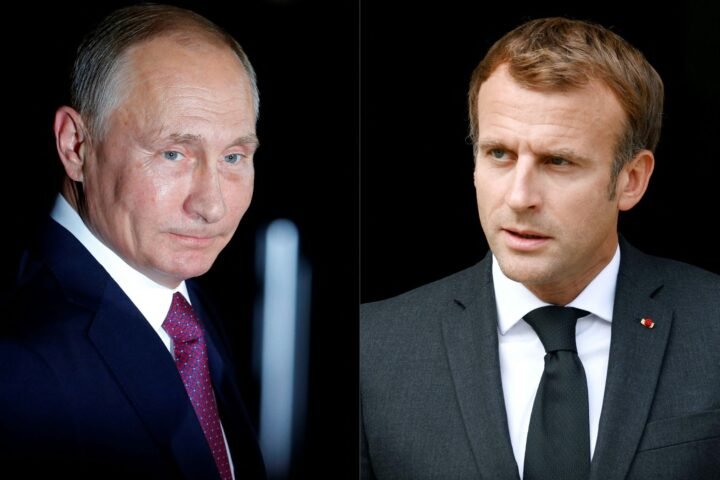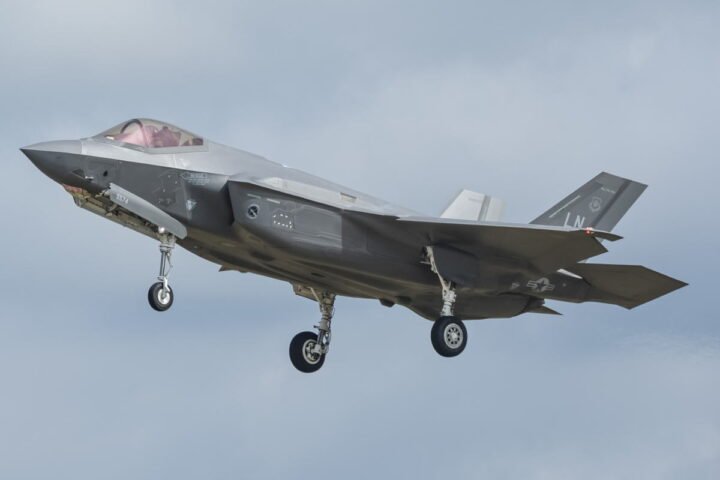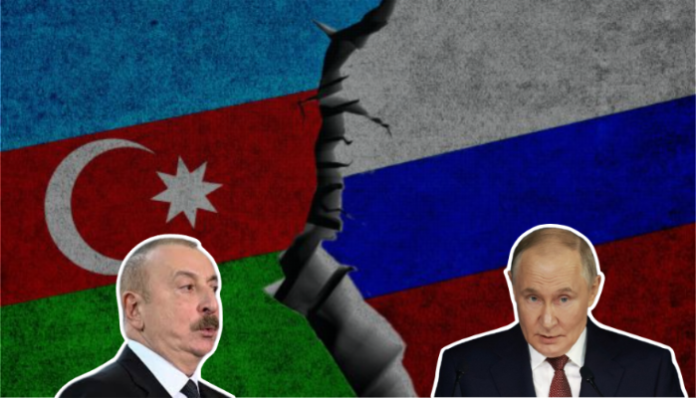Bratislava aligns closer to Moscow as PM backs controversial calls to “forgive” Russia
Slovakia’s Prime Minister Robert Fico on Tuesday openly endorsed a controversial statement by his foreign minister, Juraj Blanár, who suggested the West should seek to re-engage with Russia and “even forgive everything that happened” since its full-scale invasion of Ukraine. The remarks, aired during an interview with Slovak Television, have intensified concerns in Brussels about Slovakia’s growing political and diplomatic distance from the EU consensus on Russia.
Blanár also argued that a resolution to Russia’s war against Ukraine requires “communication with Russia,” echoing a stance long criticized as undermining efforts to isolate Moscow diplomatically. Fico’s support for his minister further signals a deepening rift between Slovakia and other EU member states, especially on the bloc’s foreign and security policy coordination.
Sanctions blocked, demands raised
The remarks come days after Slovakia, alongside Hungary, refused to back the EU’s 18th sanctions package against Russia. According to European Pravda, Bratislava conditioned its support on two key demands: legal guarantees protecting Slovak companies from potential lawsuits by Russian energy giant Gazprom, and compensation for lost revenue from the transit of Russian gas through Slovak territory.
The move was widely interpreted in Brussels as a form of political blackmail, with Slovakia and Hungary effectively holding the rest of the EU hostage to national economic interests. Diplomats warn this tactic risks weakening the EU’s unity on key foreign policy issues — particularly at a time when cohesion is seen as vital to counter authoritarian threats from Russia.
Undermining EU cohesion and Ukraine solidarity
Fico’s position not only clashes with the collective stance of most EU members but also sets a “dangerous precedent,” according to multiple European diplomats. As Slovakia distances itself from continued military support to Ukraine — a policy shift Fico announced shortly after taking office — questions grow over the credibility of Europe’s united front in defending international law and democratic values.
Support for Ukraine, several European leaders argue, is not merely a matter of solidarity but a strategic necessity to contain Russian aggression and deter further destabilization on the continent. Weakening this commitment could have far-reaching consequences beyond Ukraine’s borders.
Kyiv reacts: “No one untouched by war should speak this way”
Ukrainian Deputy Foreign Minister Andrii Sybiha responded sharply, saying that “those who have not lost anyone in this war have no right to make such statements.” He also emphasized that Russia’s repeated crimes stem from “a sense of impunity” fostered by wavering international resolve.
While Bratislava continues to stress its sovereign right to shape foreign policy, critics say its current course undermines European unity and emboldens the Kremlin. Fico’s growing alignment with Viktor Orbán’s Hungary only strengthens fears of a regional bloc within the EU drifting away from shared democratic and security principles.
As Europe prepares for what may be another long year of war in Ukraine, Slovakia’s pivot toward Moscow poses a test not only to the EU’s sanctions regime but to the bloc’s very cohesion in the face of authoritarian revisionism.
